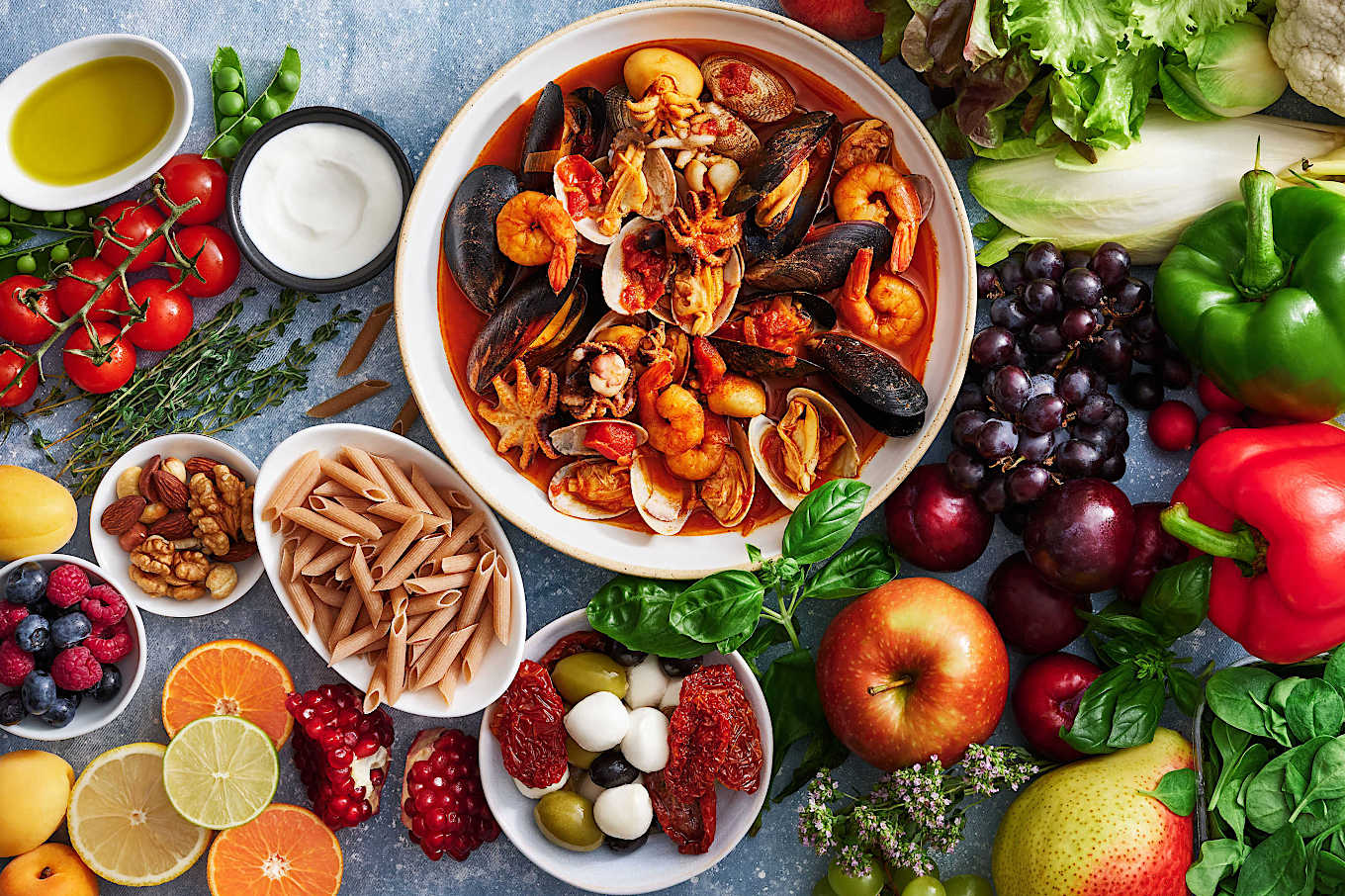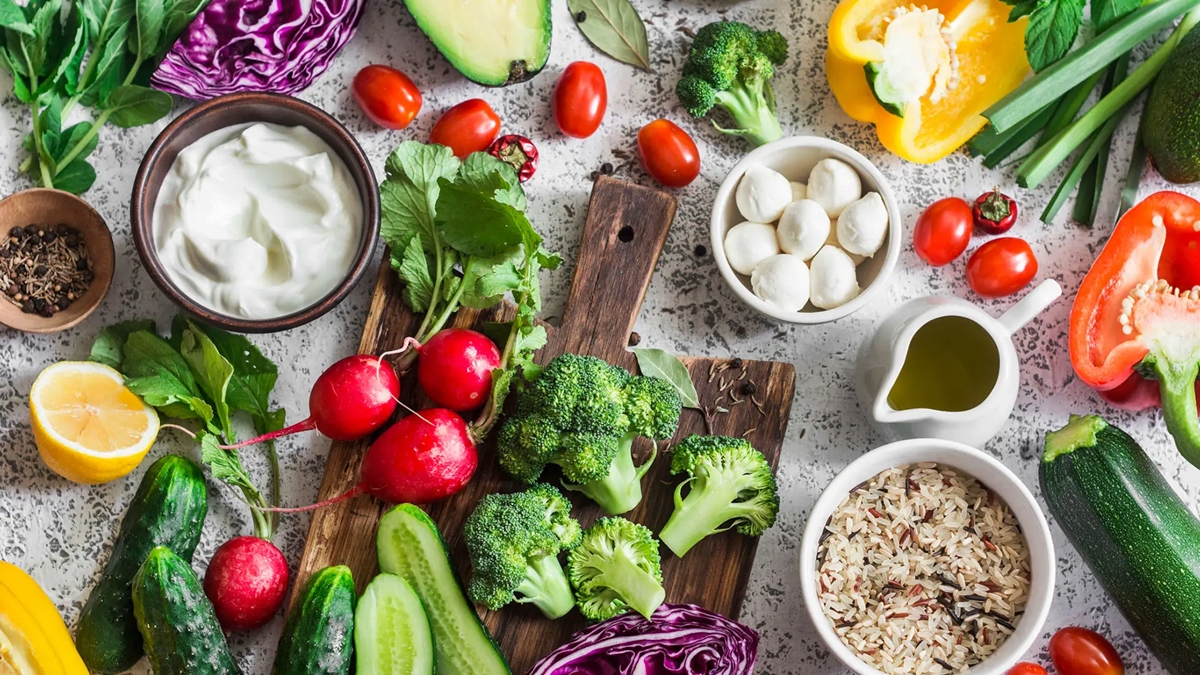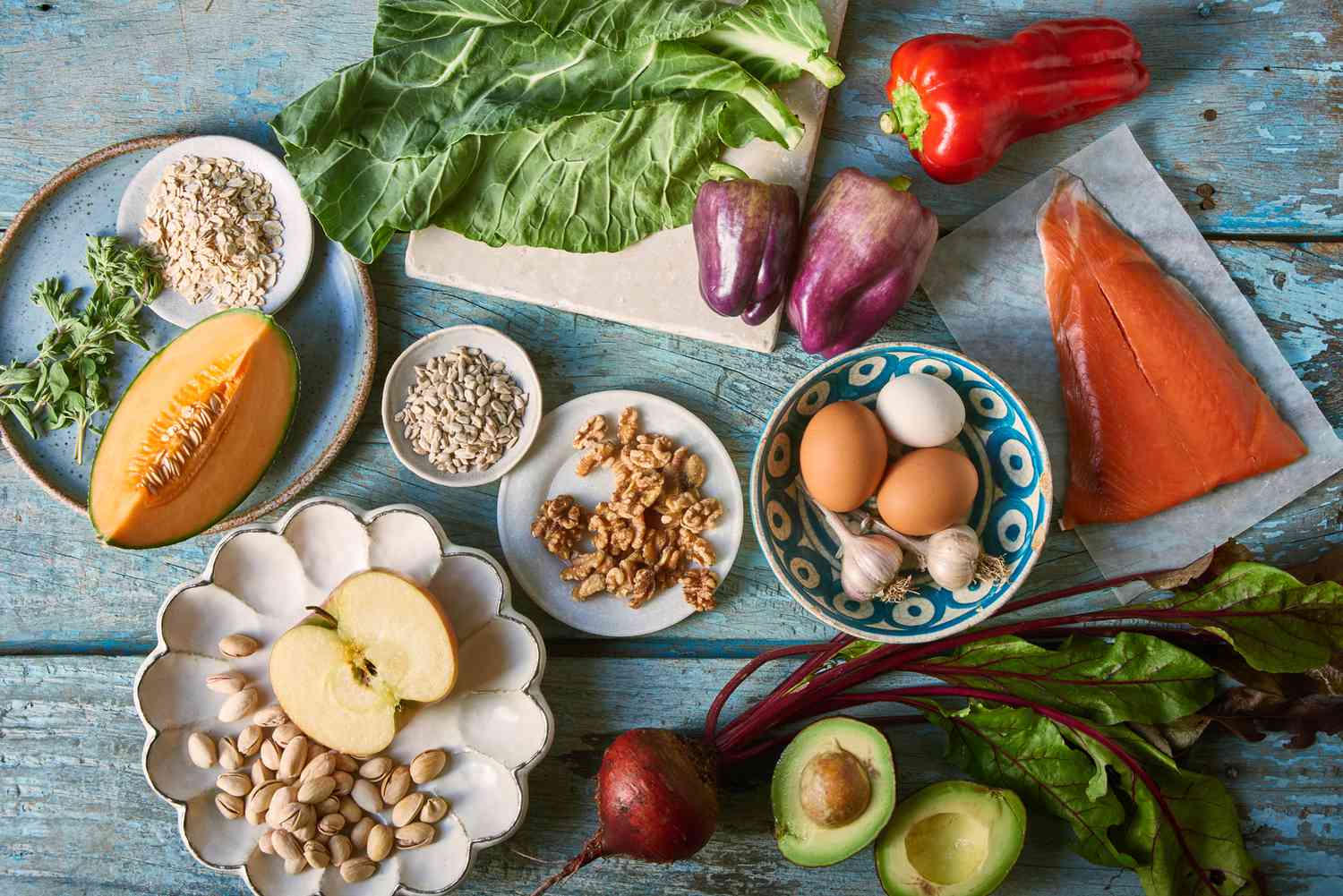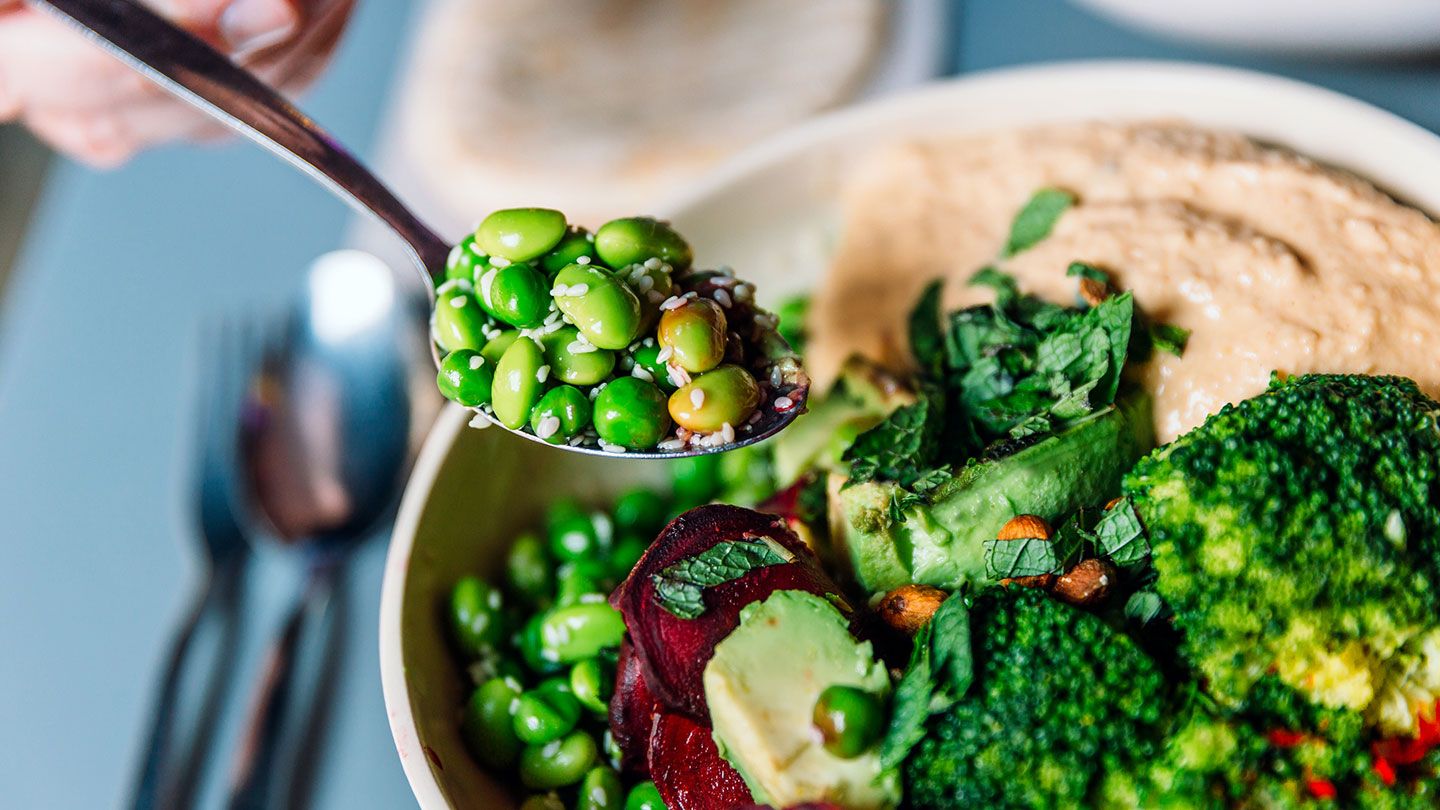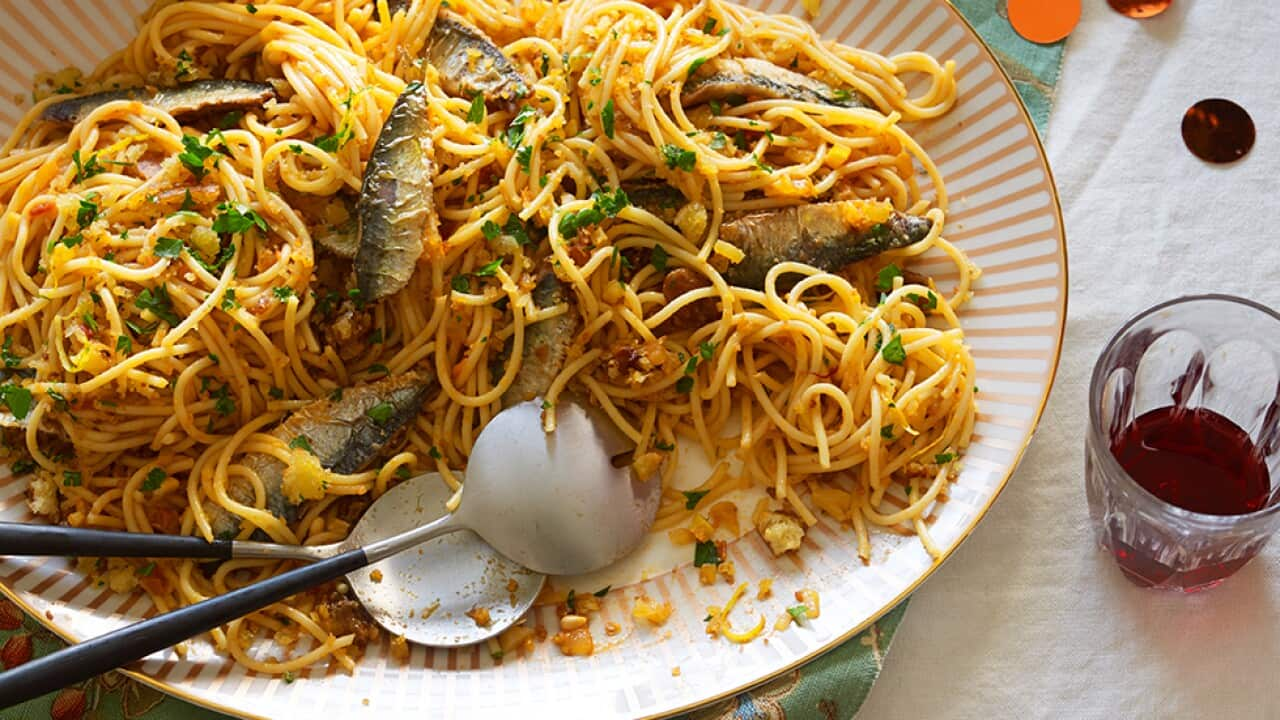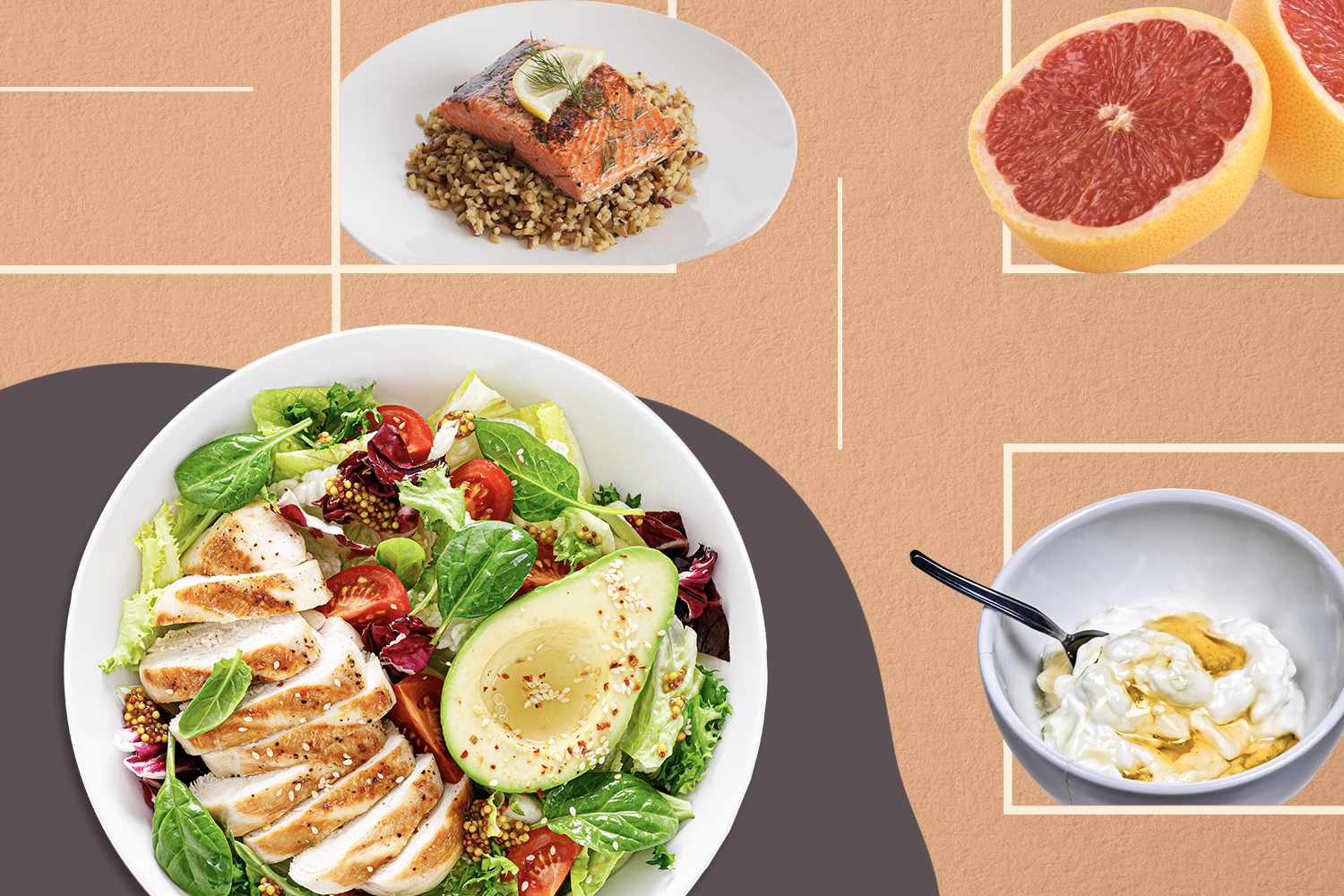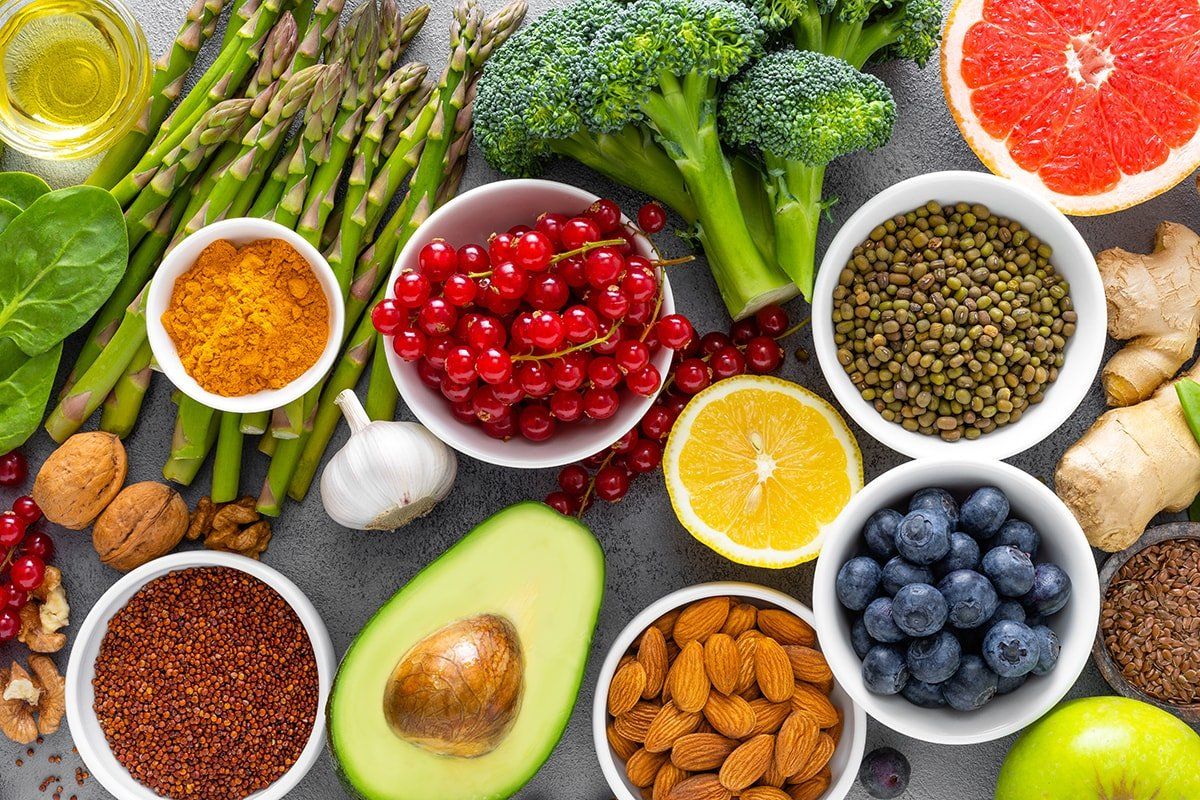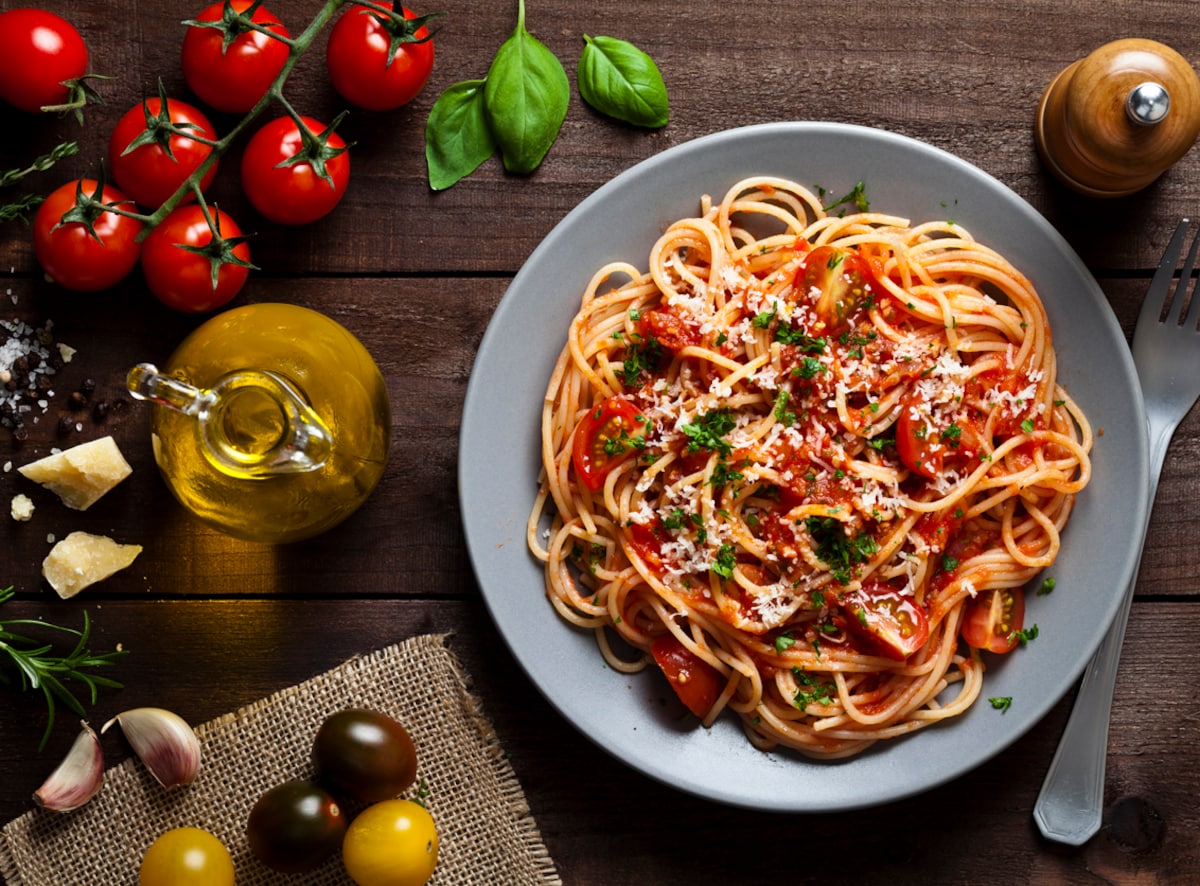Discover the Delicious and Nutritious Mediterranean Diet
Are you looking to improve your health and well-being through your diet? The Mediterranean diet is a delicious and nutritious way of eating that has been associated with numerous health benefits. This eating pattern is inspired by the traditional dietary patterns of countries bordering the Mediterranean Sea, and it emphasizes the consumption of fruits, vegetables, whole grains, legumes, and healthy fats.
Here are some simple and practical tips to help you incorporate more Mediterranean-inspired foods into your daily meals:
1. Load Up on Fruits and Vegetables
Fruits and vegetables are the cornerstone of the Mediterranean diet. Aim to include a variety of colorful fruits and vegetables in your meals and snacks. Try to incorporate at least 5 servings of fruits and vegetables into your daily diet.
2. Choose Whole Grains
Whole grains such as brown rice, quinoa, and whole wheat bread are rich in fiber and nutrients. Replace refined grains with whole grains to add more nutritional value to your meals.
3. Include Healthy Fats
Healthy fats like olive oil, nuts, and seeds are essential components of the Mediterranean diet. Use olive oil as your primary source of fat for cooking and dressing salads. Snack on a handful of nuts or seeds for a satisfying and nutritious treat.
4. Prioritize Legumes
Legumes such as chickpeas, lentils, and beans are a great source of plant-based protein and fiber. Incorporate legumes into soups, stews, salads, and side dishes to boost the nutritional content of your meals.
5. Enjoy Fish and Seafood
The Mediterranean diet encourages the consumption of fish and seafood at least twice a week. These foods are rich in omega-3 fatty acids, which are beneficial for heart health. Try incorporating fish into your meals by grilling, baking, or broiling for a healthy and delicious protein option.
6. Flavor with Herbs and Spices
Herbs and spices are used abundantly in Mediterranean cuisine to add flavor without relying on excessive salt or unhealthy condiments. Experiment with herbs like basil, oregano, and thyme, as well as spices like cumin, paprika, and cinnamon to enhance the taste of your dishes.
7. Limit Red Meat and Sweets
While the Mediterranean diet does not completely eliminate red meat and sweets, it does encourage moderation. Limit your intake of red meat and opt for leaner cuts when you do consume it. Similarly, enjoy sweets and desserts in moderation as part of special occasions rather than daily indulgences.
By incorporating these simple tips into your daily eating habits, you can enjoy the numerous health benefits associated with the Mediterranean diet. From improved heart health to better weight management, this way of eating offers a holistic approach to nourishing your body and mind.
Remember, the key to success is to make gradual and sustainable changes to your diet. Start by making small adjustments to your meals and gradually incorporate more Mediterranean-inspired foods into your daily routine. With time, you’ll find that this approach to eating not only benefits your health but also delights your taste buds with its delicious and diverse flavors.
So, why not embark on a culinary journey to the Mediterranean and savor the vibrant and wholesome flavors of this renowned diet? Your body and taste buds will thank you!
